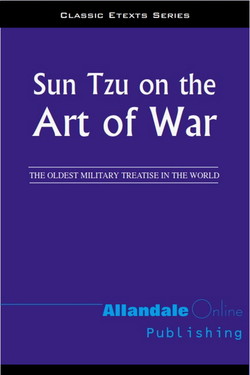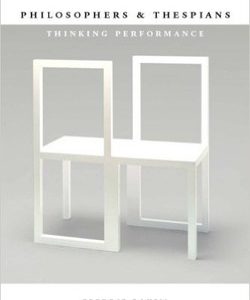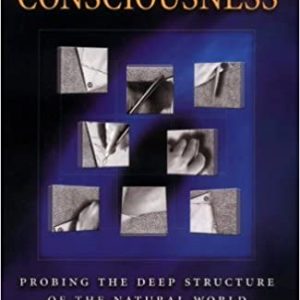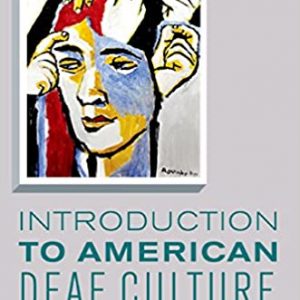The Art of War is an ancient Chinese military treatise dating from the 5th century BC. Attributed to the ancient Chinese military strategist Sun Tzu the text is composed of 13 chapters, each of which is devoted to one aspect of the art of war. It is commonly thought of as a definitive work on military strategy and tactics. It was placed at the head of China?s Seven Military Classics upon the collection?s creation in 1080 by Emperor Shenzong of Song, and has long been the most influential strategy text in East Asia. It has had an influence on Eastern and Western military thinking, business tactics, legal strategy and beyond.
About this edition of the translation of The Art of War
This official edition of The Art of War is the unaltered, uncommented, edited text as written by Sun Tzu in the translation of Lionel Giles, first published in 1910. Giles original translation of the art of war includes commentaries and historical asides that have been removed for clarity and readability. The intention of this version is to create an Art of War similar to what the famed Thirteen Letters from Sun Tzu would have read like without modern alterations. It is the most concise, definitive, unabridged and original version.
What you get when you buy this edition of The Art of War
This edition of The Art of War is a 50 page long 9?6 trade paperback edition in creme paper and a black matte cover. It is a thin book that reads in about one hour, composed of small numbered paragraphs, divided into 13 chapters.
Famous quotes from this edition of The Art of War
Appear weak when you are strong, and strong when you are weak.
The supreme art of war is to subdue the enemy without fighting.
If you know the enemy and know yourself, you need not fear the result of a hundred battles. If you know yourself but not the enemy, for every victory gained you will also suffer a defeat. If you know neither the enemy nor yourself, you will succumb in every battle.
Thus it is that in war the victorious strategist only seeks battle after the victory has been won, whereas he who is destined to defeat first fights and afterwards looks for victory.
“All warfare is based on deception. Hence, when able to attack, we must seem unable; when using our forces, we must seem inactive; when we are near, we must make the enemy believe we are far away; when far away, we must make him believe we are near. “
A Reader?s take on this edition of The Art of War
The Art of War is a well versed, and short guide book to strategize, and tactically win a war. There were tons of great advice, and still relatable today. I would go even deeper that it doesn?t entirely reflect on physical warfare, but a verbal confrontation or debate would suffice Sun Tzu?s philosophical meanings. Even playing chess I could take his guide book, and reflect on the game.











